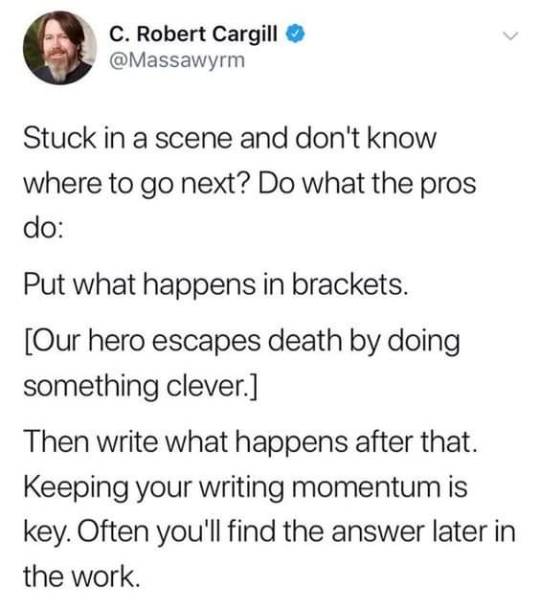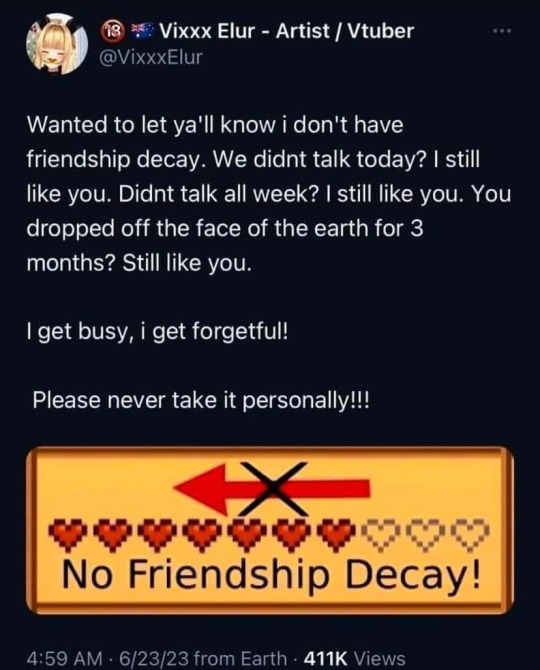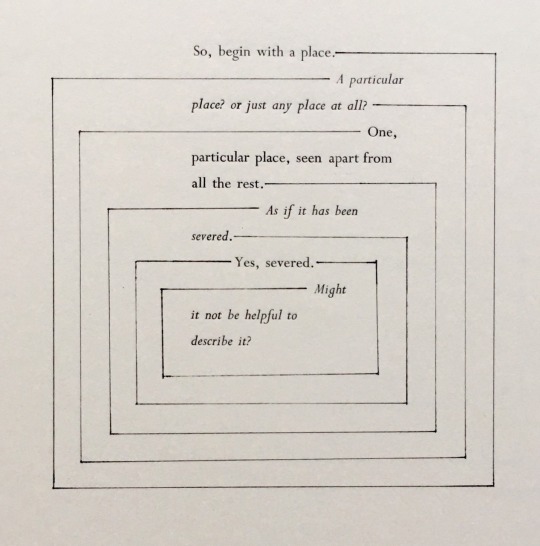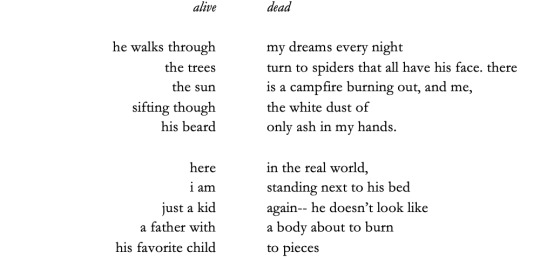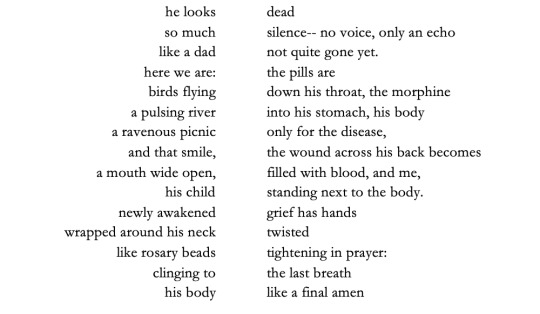Text
been stewing on an analytical approach to fiction which I call "is this book afraid of me?" and in order to answer this question you determine how hard the book is trying to make sure you don't come after the writer on twitter
62K notes
·
View notes
Text
ok, because i just saw a terrible take, i feel compelled to say that there is no "fic market" to "oversaturate" in fandom. good gravy.
51K notes
·
View notes
Text
When I drink a lot of green tea I go crazy and I want to talk to you.
I want to tell you everything, all of a sudden.
It’s a waste of our time for me to tell you about anything except the most important things.
But I want to tell you about every unimportant thing--
Who else do I tell the unimportant things to?
--I want to turn the handle, run the faucet, pour them out. — pour them out in a stream, in a river, that runs between us both and we don’t even have to look at it.
but i want the faucet to be running.
I want it to be you because i know that you know how for it to be. I want to know what you would say as you watch a paper boat sail by.
And you and I, we’d make a plan together, to divert the words, so I know what to do, next time, when I am crazy from green tea and lonely.
-s.t
4 notes
·
View notes
Text


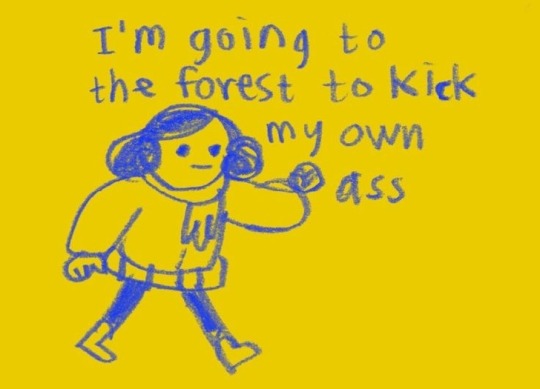





@roach-works // Melissa Broder, "Problem Area" // Mary Oliver, "The Return" // @annavonsyfert // Koyoharu Gotouge, Demon Slayer // Haruki Murakami, Dance Dance Dance // David Levithan, How They Met and Other Stories // Tennessee Williams, Notebooks
148K notes
·
View notes
Text
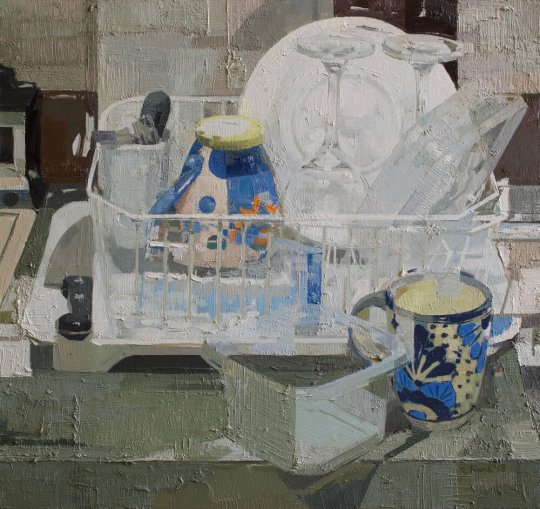
Mugs From Shari - Zoey Frank , 2018.
American , b. 1987 -
Oil on panel, 16 x 17 in.
291 notes
·
View notes
Text
I know it’s not much in the face of everything but I have been finding hope & resilience in palestinian poetry these past few weeks and I created a google drive file of poetry collections by palestinian poets that I will keep updating as I keep on reading. I also recommend checking out @fiercynn’s palestinian poets series for more poets + poetry available online
22K notes
·
View notes
Text
i hope you write (i hope we both write)
134K notes
·
View notes
Text
One trap that All the Time Daydreamers, Sometimes Writers, fall into is this idea that writing is transcribing the daydream.
It's not. The daydream is a fuzzy thing. There are gaps that you don't need to fill in a daydream, because you already get the emotional point. A lot of it is emotion. And because it makes you feel like a complete story would, your brain is tricked into thinking that's what you have.
Then you sit down to actually write the thing and you realize you're trying to write a Space Opera without actually inventing any planets or space ships. You don't even know if the characters start out on the same planet. If they're on a planet at all. You didn't bother to check.
Now you will vaguely reference this in first-second person in any writing guide you make up for the rest of time.
When you write, you're building something. It's not a pale imitation of what you have in your head- what you have in your head can't exist on the outside. This is a whole new beast. It's going to ultimately look different and this is a good thing.
Also the internal critic is dumb.
I'm not even trying to be nice to your writing specifically here. The internal critic is looking for a completed story and you don't have one yet. So anything it has to say flat out does not apply.
11K notes
·
View notes
Text
How I Modify My Google Doc for Outlining and Drafting
I previously talked about setting up my document to look like a formatted paperback book to help writing not feel so daunting.
Today, I bring you a different way I change my document that is more appealing to me than the standard Doc.

For Drafts
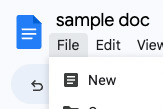
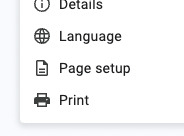
first, go to Page Set Up
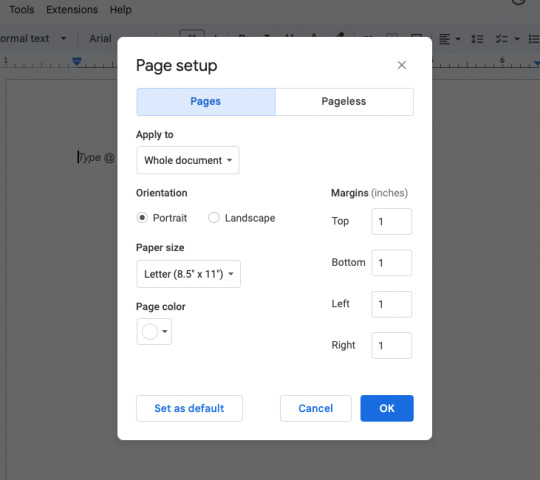
this is what the default is
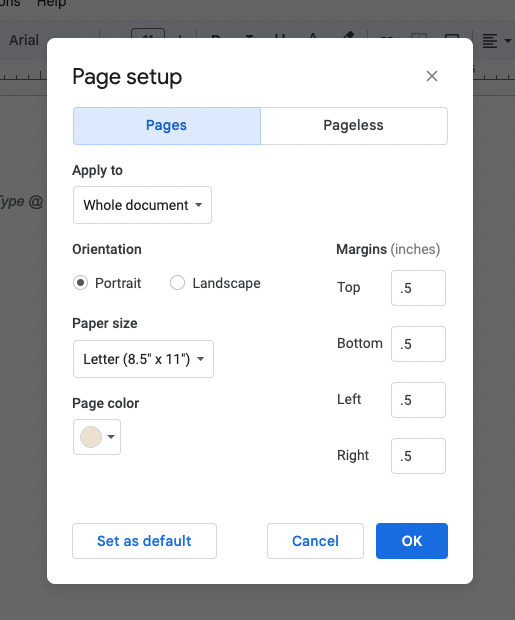
For my setup: Margins will change to .5" for top, bottom, left, and right.
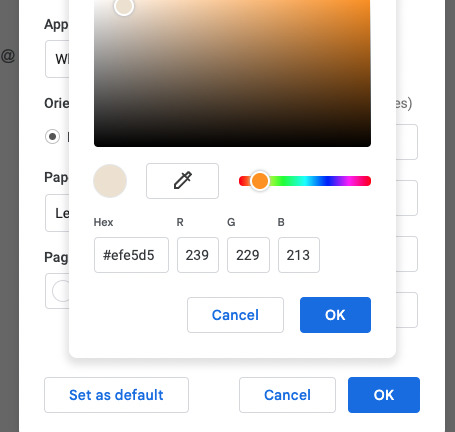
this is the page color I chose but it's totally optional.
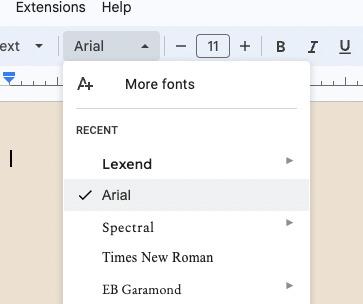
Then, I change my default font. Here is how to find the ones I like. Go to the font option, then click More fonts.
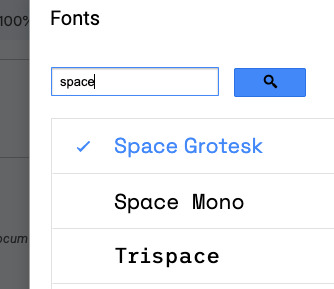
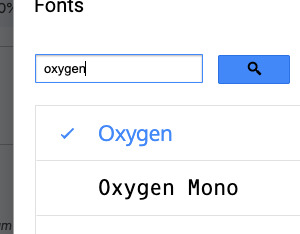
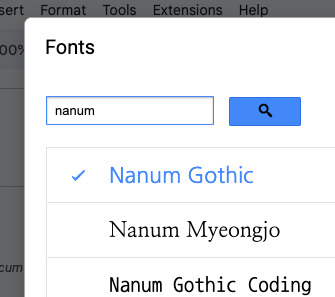
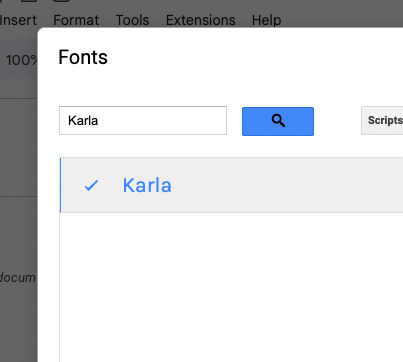
These are the fonts I love. You can search them or browse for ones you like.
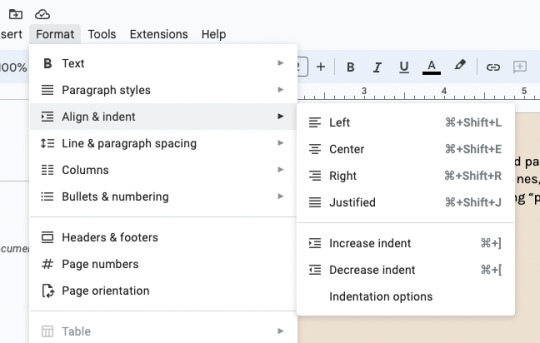
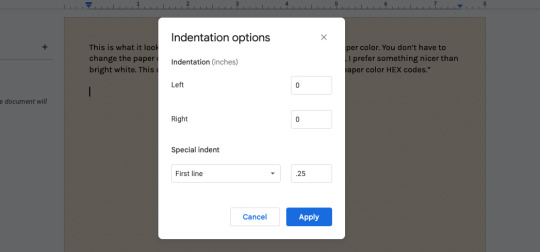
next, i change my first-line paragraph indent to .25"
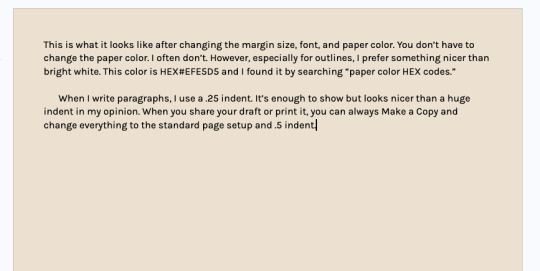

For Outlining
(and also character profiles, world-building, etc.)
You are going to follow the same steps as above first. The only difference is you don't need to mess with any of the indent settings.
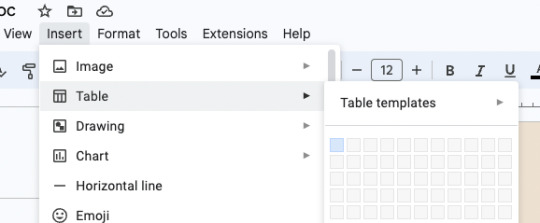
I use boxes as dividers and organizers. To do this, go to Insert > Table > 1x1.
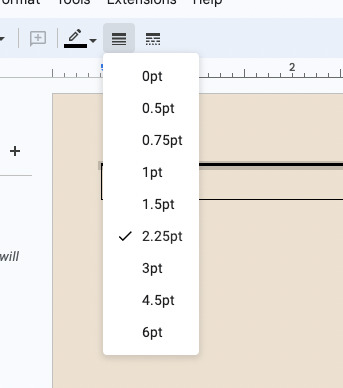
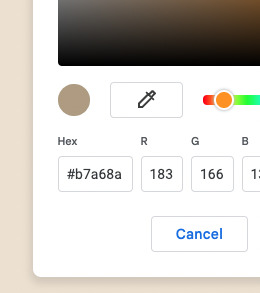
Then, change the border thickness to 2.25pt. I usually have a color palette for these, so I'm choosing a darker brown than the background for the borders. But white paper and black table lines work just as well and are more print-friendly ;)
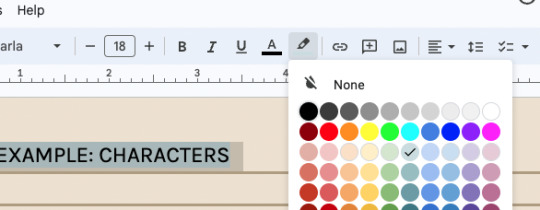
Next, I change the Headings, Subheadings, and Subtitles. To begin, I am changing my Title heading. I choose my font, how big I want it to be, and then I like using a highlight color as well. Here, I'm using a standard light/pastel color and 18pt font.
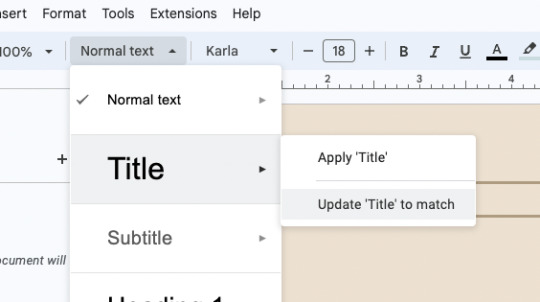
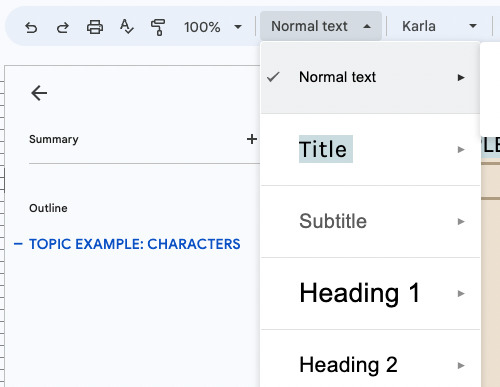
Highlight to select this new title. Go to the dropdown menu that says "normal text", hover over "Title", then choose "Update 'Title' to Match". Now you can click that every time with no hassle. And it will begin an outline for you to the left.
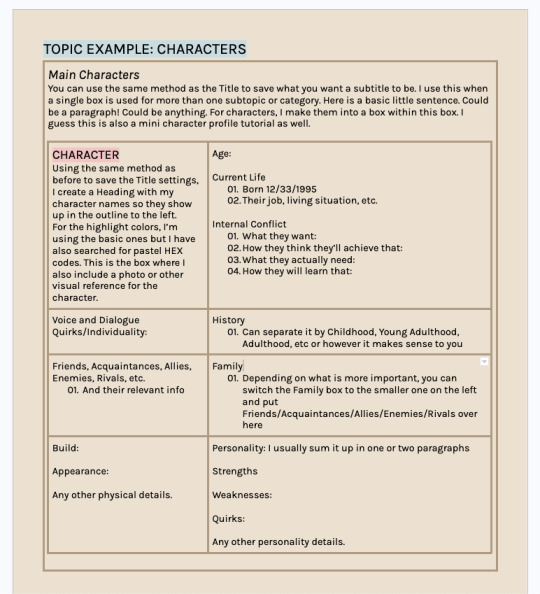
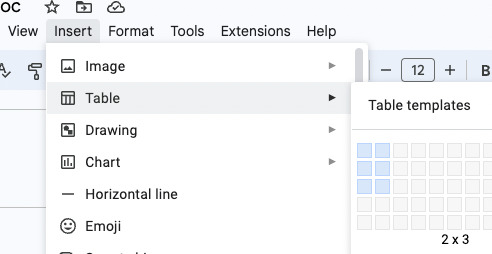
Let's make that box within a box! Make sure you are typing inside the first box. Then insert another table. I am going to use a 2x3.
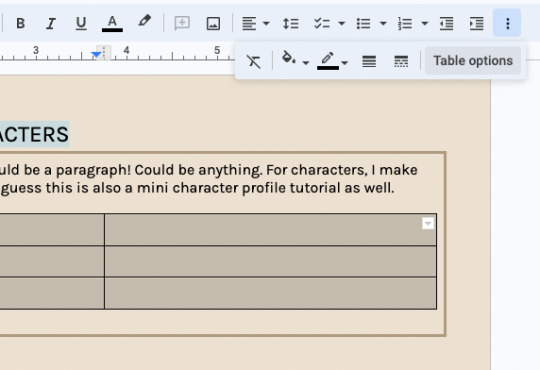
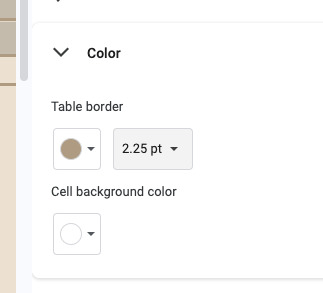
Because this table is more than one cell, you can go to the three dots up top and click "Table Options" to change every table border selected at once. Again, 2.25pt with the same color as before. The cell background color says white but you don't have to change it to match the page color.

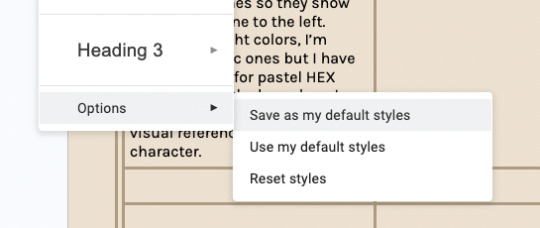
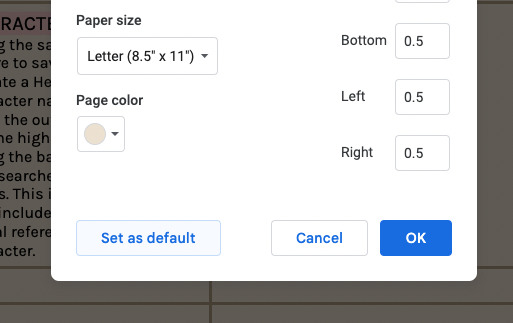
You can save both your Heading preferences and page setup as your default style. Every new document you make will use these settings automatically.

I really hope this was helpful and/or interesting!
As always, take what you want and leave the rest. Happy writing!
[call it good] writing
6K notes
·
View notes
Text
Prompts for couples that aren’t together yet
Here are some sweet prompts I’ve been thinking about recently. The novel I’m working on right now features one of my softest couples ever, and honestly most of these prompts are inspired by them, so you have my beautiful Jamie & Marcel to thank for this.
Save this post so you can come back to the ideas!
💜 Borrowing their love interest’s clothing 💜 Seeing their love interest drenched in the rain 💜 Cooking for their love interest 💜 Setting aside their plans to help out their love interest 💜 Secretly reading their love interest’s favorite book so they can quote it to them later 💜 Remembering a minute detail about their love interest - like how they take their coffee
💜 Saving their preferred seat for them in group gatherings 💜 Taking on more responsibility so their love interest can rest 💜 Noticing when the love interest hasn’t slept well 💜 Allowing their love interest to open up to them in their own time, but making sure they’re always there 💜 Gentle forearm squeezes for reassurance 💜 Picking out a dust speckle from their love interest’s clothing
💜 Gifting flowers based on their love interest’s favorite color 💜 Asking the love interest’s opinion on things that matter to them 💜 Recognizing the signs of emotional breakdowns before the love interest notices themselves 💜 Subtly wrapping a finger around their love interest’s in a crowded room 💜 Only having eyes for their love interest in crowded rooms filled with good-looking people 💜 Noticing and complimenting their love interest’s new item of clothing
💜 Being roped into a dance together, and both keeping their hands a little too appropriately on the other’s body 💜 Leaning slightly into their personal space during a conversation to show they’re interested in what they’re saying 💜 Remembering the things their love interest often forgets, so they always have extra 💜 Sharing a single drink, snack or cigarette 💜 Asking them interesting questions, because they simply want to know
💜 Being the type of person that hates listening to people, but they’d happily listen to their love interest for hours 💜 Singing badly to their love interest to cheer them up 💜 Giving them a little too much physical attention with subtle touches and hugs, but finding themselves unable to stop 💜 Being grumpy, then later apologizing to their love interest for the grumpiness 💜 Saying their love interest’s name all the time, because it just never leaves their mind or their mouth
1K notes
·
View notes
Text
How to research your racially/ethnically diverse characters
chiminey-cricket asked:
Do any of you have any tips for doing independent research for PoC characters?
This question is super broad, but I’m going to see if I can give it a crack!
First of all, consume media by the group in question. If you want to write a story with a Chinese-American protagonist, read some blogs by Chinese-Americans, read books by Chinese-Americans – both fiction and nonfiction – lurk on places like thisisnotchina so you can get a feel for what pisses Chinese and Chinese diaspora people off about their portrayal in the media, google for stereotypes about Chinese people and try to make sure you’re not doing those (even positive ones), go more general (East-Asian all-of-the-above in general since in many cases the harmful tropes overlap), go more specific (if your protagonist is female, look specifically for blog posts featuring the opiniosn of Chinese-American and other Asian/Asian diapora women; same if your protagonist is attracted to the same sex, is transgender, or deals with any other form of oppression besides anti-Chinese racism.) All of the above applies to Latinxs, Native Americans/Canadian First Nations, African/African diaspora people, Jews, Muslims, etc. Find out what we’re saying about ourselves.
Lots of things are available just from Google. “I have a Black character and I want to know what kind of hairstyles are available for her!” We have a Black hair tag, but apart from that, googling “Black hairstyles” will probably bring up some articles that can at least give you a good starting point to learn some vocabulary to add to your next Google search, like “natural” and “twists” and “dreadlocks.”
Next, you can talk to people in the group, but before you do this, be sure to have some specific questions in mind. “How do I write a Jewish character?” is not a specific question. “Do I have to make my Jewish character follow kosher laws if I’ve made her religious in other ways, or can she go to shul but not keep kosher?” or “What’s a term of endearment a parent might use for a child in Yiddish?” is much more specific. Remember, if you’re talking to someone they’re answering you back with their free time, so expecting them to do most of the work of figuring out what’s most important for you to know is a little entitled.
Besides, a more specific question will give you a more helpful answer. If someone asks me “how do I write a Jewish character” one of the first things out of my mouth will be a list of personality stereotypes to avoid, which isn’t going to be very helpful if what you really need for your fic was whether or not you have to write your character as following strict kosher laws.
If you’re sending a question in to a writing blog or one of those race blogs like thisisnot[whoever], please read through their tags and FAQ to see if they’ve already answered it. Longtime followers of a blog would get very bored if all the blog’s content was nothing but “We answered that here last week at this helpful link!” Those who participate in answering these blogs are usually unpaid volunteers who provide a resource that’s already there to help people; help repay them for what they do by looking through the material on your own first.
How to tell if a source from outside the group is biased and bigoted: obviously, you’re not going to want to listen to Stormfront about Jews, or the KKK about, well, anything. If you’re not on a source created by the group in question, look for dry and academic language as opposed to emotional, informal, or inflammatory words – although dispassionate and technical language is no guarantee it won’t be racist, colonialist, or inaccurate. If you read enough books and blogs from the inside, though, you’ll probably see some of the myths from those other sources debunked before you even encounter them.
Lastly, don’t assume that all people who are Asian, African-American Christians, religious Jews, or Muslims are from cultures more oppressive, more conservative, more patriarchal, more homophobic, more sexist, or more controlling than the one in which you were raised. If your plot calls for homophobic parents or a repressive culture, that shouldn’t be the reason you make your character one of the groups listed. There is plenty of oppressive, anti-woman, and anti-queer thought in white American Christian/Christian-cultured society and personally, I believe such criticisms of the marginalized diaspora peoples I listed above belong in the voices of the cultures themselves.
–mod Shira
I’d not leave looking for dry and clinical information as the ONLY means to distinguish that a work is biased.
While yes it is pragmatic to say “look for academically toned wording,” … in addition to that, these folks really need to look into who the author is. Definitely look into the author. And the year the thing was published (because man if it’s from like the 60s or earlier, 9 times out of 10, throw that shit out).
Because people can disguise hatred and racism in careful diction so that it looks reasonable and polite. A shining example is physiognomy studies from Nazis and anti-Semite eugenecists. And the sad thing is, you really can’t trust people to read it and make the judgement call that this hate-in-disguise they’re reading is hate.
Somehow, when someone says, “The people of the Levant express features such as […] which, at the risk of sounding untoward, suggest a very rodent-like persuasion,” people are like, “Oh, well, that was worded fancily and there was no angry or profane language, I suppose they’re right,” not stopping to think even for a moment that they just accepted that this book just said to them that Jews look like rats. I saw it happen in my Nazi Germany class when we were given reading material. It was fucking nuts.
So definitely, definitely look every outsider author in the mouth and cross-check any and everything that person says.
–mod Elaney
Shira again: Elaney is right that you will want to be critical of outside sources, especially older ones. Also, be suspicious of blanket statements about a group such as “X group are” instead of discussing forces in X culture. For example. Because there’s going to be diversity within any group and it’s likely what’s being said isn’t inherently biologically linked to being in X group.
–mod Shira
9K notes
·
View notes
Text
when writing: banter
it’s been super long since i’ve done one of these so let’s pretend i am a super great amazing talented award-winning writer and just hear me out.
i think one of the biggest mistakes with writing banter is that people often mistake a character just being pretentious and annoying with being witty. like your character isn’t witty or dry, they’re pessimistic and cynical in the worst way possible.
additionally, in order to write banter, the characters have to compliment each other in some way if that makes sense ?? (not that anything i say does).
like, two people who don’t have the same humor to some degree are not going to be able to play off each others jokes in the same way two people with the same humour would.
so firstly, how to avoid your characters sounding pretentious? put simply, avoid banter that puts people down negatively— or i should say, at the bare minimum, the person they’re talking to or about should know they’re being facetious.
an example:
character a: “i think i’ll wear the pink gloss today. he said he liked pink, didn’t he?”
character b: “i think you should stop obsessing over what he thinks of you and grow a backbone.”
character a: “oh, but i heard those are hard to come by these days.”
character b: “not if you know where to look.”
this isn’t the best example but it does show that character a knew character b was being facetious and therefore the joke came across as such.
secondly, characters playing off each other!!!!!
i think what gives characters good chemistry, whether platonic or otherwise, is giving them a reason to be around each other. why is it YOUR characters are the ones going back and forth? why does it need to be them? what’s special about them and their situations that they play off each other so well?
if there’s no answer to this… what’s the point? it could’ve been any other character; it didn’t have to be yours.
so what are some things to think about to help with chemistry?
things to consider:
do your characters have any inside jokes?
do their inside jokes come up often? in specific situations?
how long have they known each other? does it play into their comfortability with repartee?
this is a little tricky of a subject but what pop culture references can be made? for example, a jeopardy reference always gets me
is their banter usually based around them and themselves, or is it poking innocent fun at someone else?
how can you build on their environment?
how can you use wordplay to your advantage?
are there any similarities in what they’re going through in their lives?
prompts yay!
“how long do you think it’ll take for them to notice their glasses are on their head?” “give or take a couple years.” “years? i was thinking millennia.”
a response of “i’ll take Things That Never Happened for 500” when the other character says something bogus
or even “i’ll take Things You Should Take Up With Your Therapist for 200”
“okay, FINE, i’m leaving!” “oh, so there is a God?”
“what’s that show? that one… you know? with the…” “anytime now.” “the girl who like, fights crime ??? or something??” “you’ve almost got it.”
it’s raining and the character that likes to point out the obvious (which is so me) says “it’s raining!” and the other character is like “give the guy a medal.”
“wait, you’re getting back with your ex? the carpenter one?” “no, the mailman.” “oh, he was awful.” “yeah, but he always delivered my packages on time.” “… fair.”
literally anything from fleabag for inspiration
remember: banter isn’t always between enemies; it could be between friends who’ve known each other a while, or even strangers who are both waiting for their cup of coffee and go back and forth. for me as a reader and writer, a good banter scene makes you feel smart for both writing it and understanding. it makes you feel like you’re in on a joke with the characters and it’s the type of thing you would read and do that little nose air laugh (if u know u know).
anywho~ i hope this helped even a little. happy writing :)
318 notes
·
View notes




